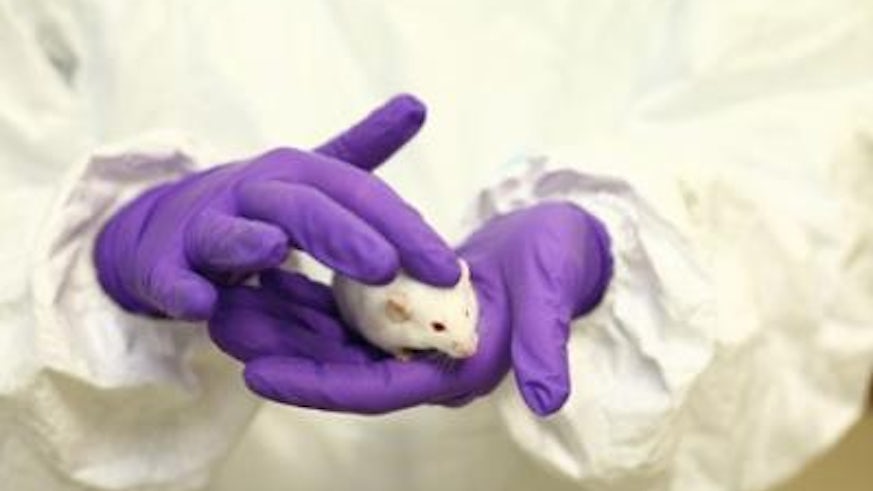Concordat on Openness on Animal Research
14 Mai 2014

Cardiff University is one of 72 UK organisations including charities, commercial companies, Research Councils, umbrella bodies and learned societies to commit to help the public learn more about animal research.
Opinion polling in 2012 found that the public wants to know more about what goes on in animal research. Since then the bioscience community has worked together to set out how it will be more open about why and how it uses animals in research.
The Concordat on Openness on Animal Research published today (14th May 2014) has been signed by organisations from across the scientific sector.
Professor Dylan Jones, Pro-Vice Chancellor for the College of Biomedical and Life Sciences said: "Signing the Concordat is a significant step forward for Cardiff University committing us to be clear, transparent, open and proactive with the public about our research involving animals.
"The public deserve to know why and how we use animals in our scientific and medical research. The use of animals in research remains a vital tool in improving our understanding of health and disease. It is essential to improving the health and lives of humans and animals.
"By signing the Concordat our aim is not to seek to change minds rather to offer the opportunity to better understand the research we are doing and, more importantly, the reasons why."
All 72 signatories have undertaken to fulfil the Concordat's four commitments, which include: being clear about when, how and why we use animals in research; enhancing our communications with the media and the public about our research using animals; be proactive in providing opportunities for the public to find out about research using animals and; report on progress annually and share our experiences.
Geoff Watts, Chair of the Steering Group for the Concordat development process, said: "I am delighted that so many organisations have signed the Concordat. This widespread support for openness demonstrates the change in attitude that we have seen from the life science sector over the last few years.
"Developing this Concordat has been a long and careful process, and I am convinced that it will result in there being much more opportunity for the public to find out about the reality of animal research in this country."